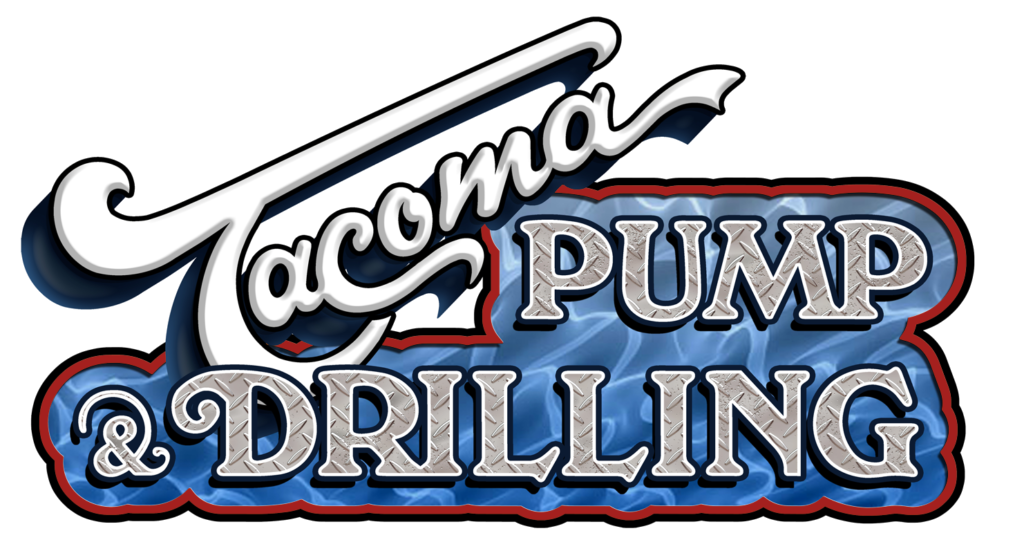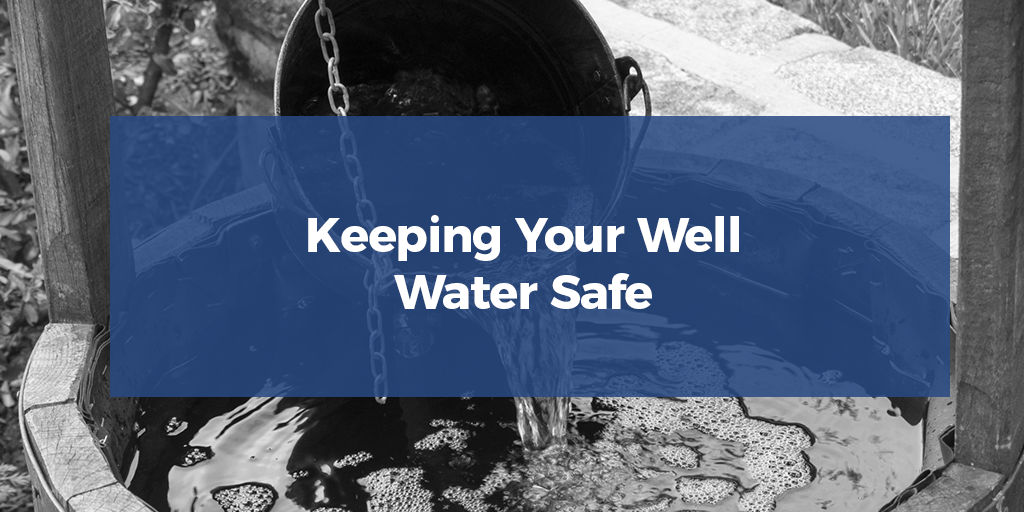Did you know that over 15 million households in the U.S. get their drinking water from private wells? Drinking well water is a safe, practical solution for many families in America. However, that doesnt happen by itself — and the EPA doesn’t do it, either. To ensure you and your family are drinking water that is safe and drinkable, there are measures you need to take yourself.
Contaminated water can contain anything from copper and E.coli to lead and arsenic. While this isn’t exactly common, it is possible. With proper, annual tests, plus a few other steps, you can ensure that your water is delicious and danger-free.
Check out the following tips for more!
1. Testing Your Water Every Year
Although the Environmental Protection Agency doesn’t test water for you, they do provide resources to help you find local testing—which they recommennd doing annually.
You can send samples into certified laboratories and have them test the water quality. You can also reach out to local health departments, who may even test it for free.
They will test for several Water Quality Indicators (WQIs), such as:
- The water’s temperature
- pH level, which tests for acidity and alkalinity
- The amount of dissolved oxygen
- Presence of E.coli
These are only some of the many indicators a lab will test for. Once you receive your results, you can find out if you need to take any further action.
2. Know Potential Contaminants
First, keep in mind that the deeper the well, the safer the well water. Well water that is closer to the surface is more at risk of contaminants. However, wells of any depth face this potential. Knowing what those contaminants are can help you to avoid them.
Some possible contaminants include:
- Nearby livestock farms
- Septic tanks
- Fuel or oil spills
- Nearby landfills
- Use of chemical fertilizers
- Household waste
Many of the things on this list are avoidable. This is why it’s imperative to have a certified driller build your well or do any maintenance. They’re aware of potential contaminants and can make sure your well is a safe distance from any of these things.
Which brings us to our next point.
3. Use Certifed Drillers Only
The primary reason for people to use private wells is for drinking water supply and irrigation use. Knowing this, why would you ever want to DIY or go with a company that’s not certified? Unsafe drinking water leads to a slew of health issues, both short- and long-term. Certified drillers with years of experience know how to drill from safe aquifers, choose an appropriate location, and provide excellent construction.
Is Your Well Safe?
As long as you take the necessary precautions, your well water can be delicious, affordable, practical, and safe. As we mentioned, one of the main things you can do to ensure your water is clean and clear is hiring certified drillers. They can install a new, well-constructed well or help with any modifications you may need on your old one.
Contact us today to see how we can help. We’ve been providing quality drilling solutions for over 85 years!

